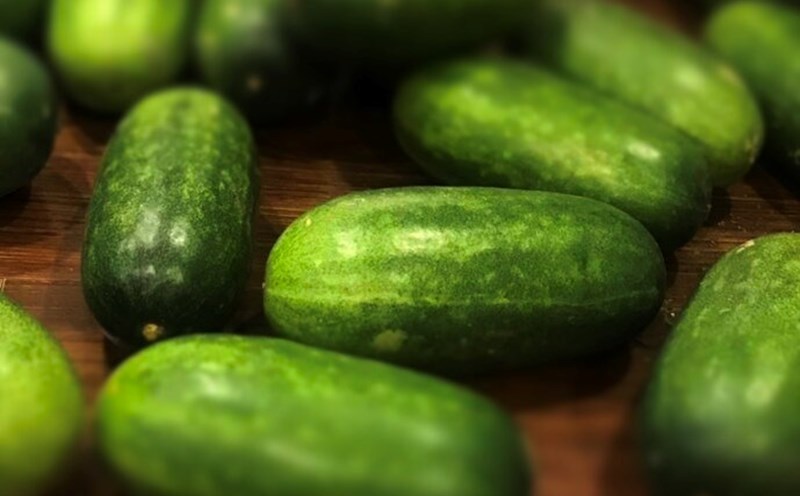1. People with bad taste
People with affected tastes often manifest themselves with symptoms such as fear of cold, cold hands and feet, prone to abdominal pain, diarrhea when eating refreshing or cold foods. Because squash is weldable, when eaten, it will increase the weldification of the gas in the body, causing the duong gas of the spice to be more seriously damaged.
It can be imagined as pouring a bowl of cold water on a person in the middle of winter, making the already weak body even more exhausted.
2. Women during menstruation
During "red light" days, women's bodies are often weak and need to be kept warm. Eating squash - which is cold - can lead to menstrual cramps, streptococcus and other disorders.
Many people experience severe abdominal pain after eating raw, cold or cool foods during their period, caused by weldable gas penetrating the uterus. It is best for women during this time to limit or not eat squash.
3. People with kidney disease
Squash has a diuretic effect, helping healthy people excrete less water and waste, reducing pressure on the kidneys. However, for people with kidney disease, especially kidney failure, eating squash is not beneficial.
Because the kidney's excretion function has decreased, the body cannot regulate its water and electrolyte levels as usual. Eating squash at this time can disrupt fluid balance in the body, putting more pressure on the excretion system.











